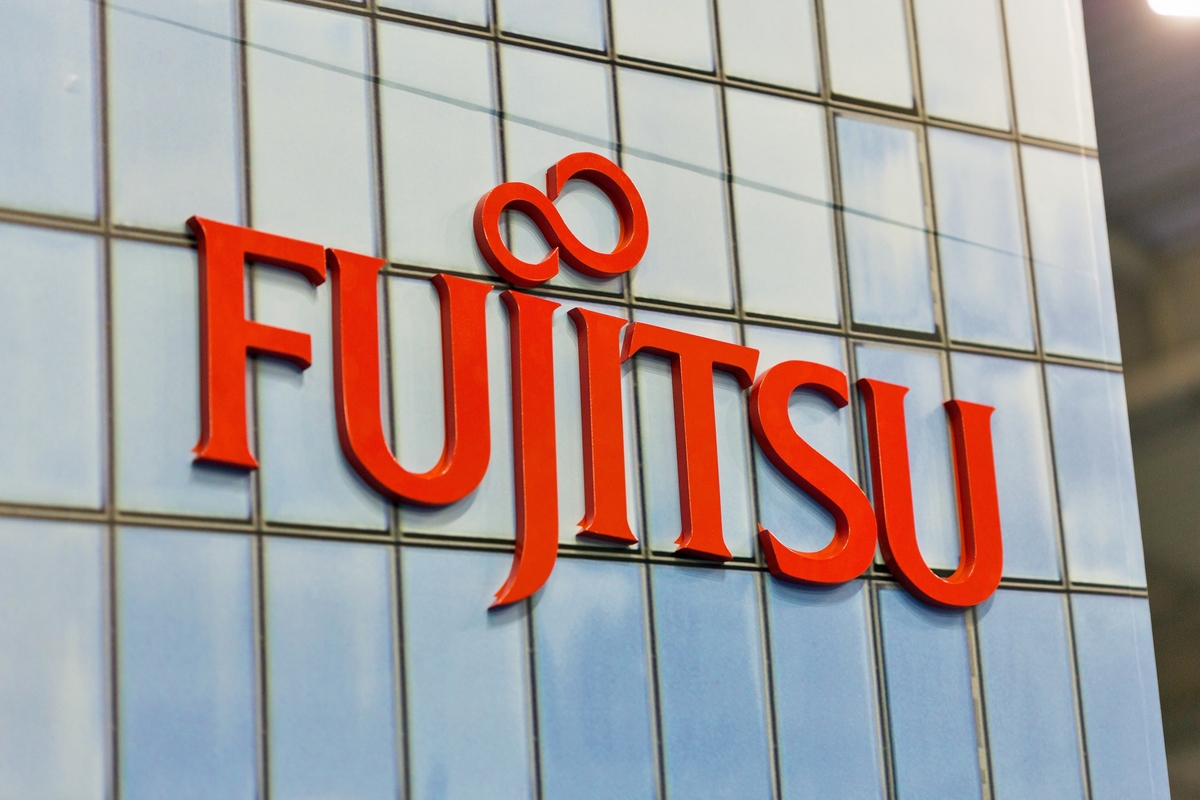Fujitsu Affiliate to Pilot Blockchain Pay Platform

The Japanese IT giant Fujitsu is to embark on a blockchain technology-powered payment project at a major new commercial center in the city of Saitama, some 30km from Tokyo.
According to a press release, an initial pilot involving a token named Sakura Town Coin will run from this month until April next year at Tokorozawa Sakura Town, a new, 25,000sqm pop cultural attraction complex that opened last year in Saitama’s Tokorozawa District.
The complex is a joint-venture initiative involving the Kadokawa Corporation – a book publishing and manga heavyweight that is minority-owned by China’s Tencent – and the Tokorozawa local government. The complex features an anime-themed hotel and a massive bookstore, as well as a cultural center designed by the same architect who created the Olympic Stadium, which was used to house the Tokyo 2020 games.
Fujitsu’s digital transformation arm Ridgelinez, launched early last year, will spearhead the payment project, which will allow visitors to the complex to pay for goods and services, including books, at a select number of stores and ticket offices throughout.
The firm added that should the pilot prove successful, Ridgelinez will extend its availability to all of the facilities on the premises, as well as stores and service providers in the surrounding area.
The pilot will also see participation from the Saitama Resona Bank, Kadokawa and Fujitsu itself.
The latter has been “conducting pilot experiments” for similar “systems since 2018,” and has worked on blockchain-pay solutions with two professional football clubs – Kawasaki Frontale, who play in the top-tier J1 League, and FC Gifu of the J3 League (Japan’s third division).
The firm has also worked with TV series producers for animation-themed developments.
Ridgelinez said it was “also conducting demonstration experiments” involving its payments system in “overseas” locations.
It explained that it had developed a platform for expectant mothers in Ghana, whereby users take part in a quiz, where correct answers earn them coins “that can be exchanged for soap and diapers.”
In Cambodia, meanwhile, the firm tested a diet and nutrition app for corporate employees that allowed users to receive coins they could redeem as a “currency within the company” – presumably at staff canteens and stores located on the premises.
The firm claimed that it was waiting for a patent application to be confirmed and noted that the coins on its platforms could “be used for a wide range of purposes, such as placing advertisements” and could also be used like some non-fungible token (NFT) solutions – as a replacement for paper tickets.
____
Learn more:
– French Central Bank’s Blockchain Bond Trial Brings First Results
– ‘Boom’ in Big South Korean Firms Investing in Crypto Startups
– Four Merchants Revealed How Bitcoin Payments Helped Their Businesses
– Bakkt to Support Ethereum Alongside Bitcoin
– Bitcoin Pay: Why it’s No Longer Big in Japan
– More Crypto Regulation May Be on its Way in South Korea, Japan




